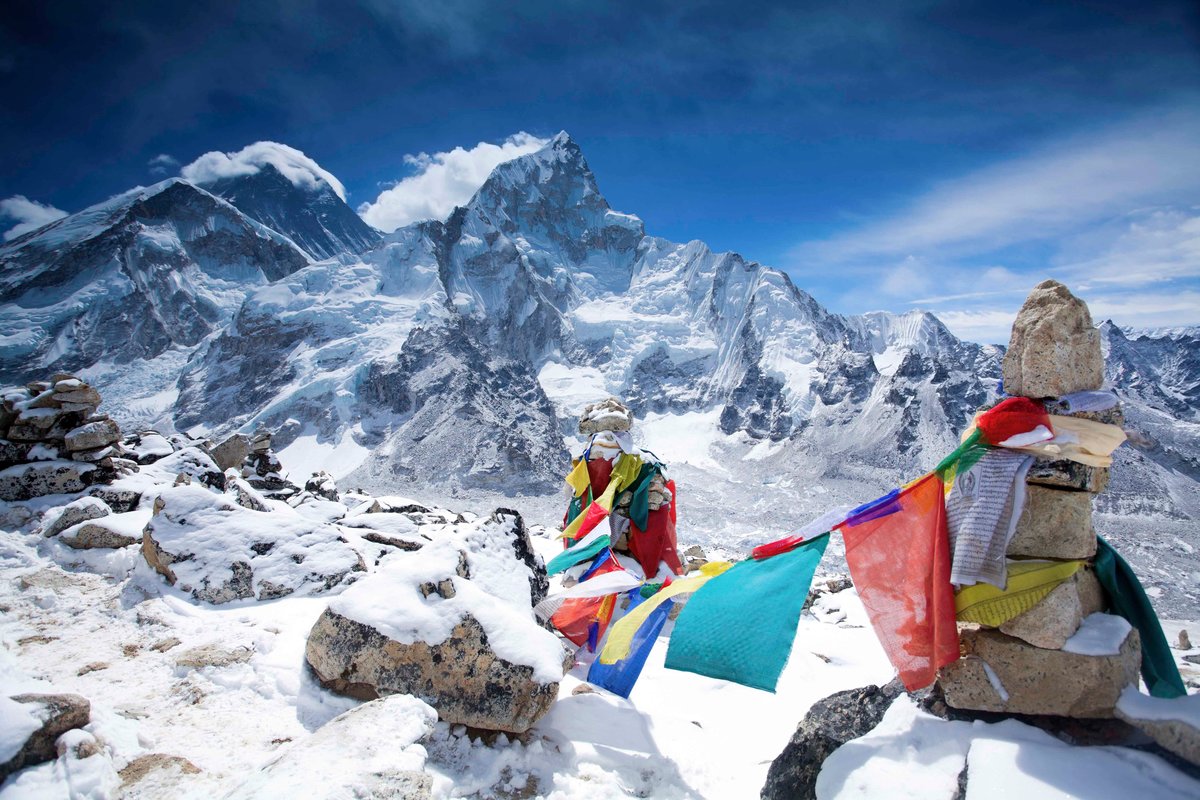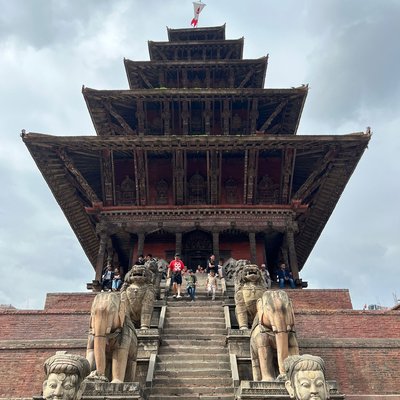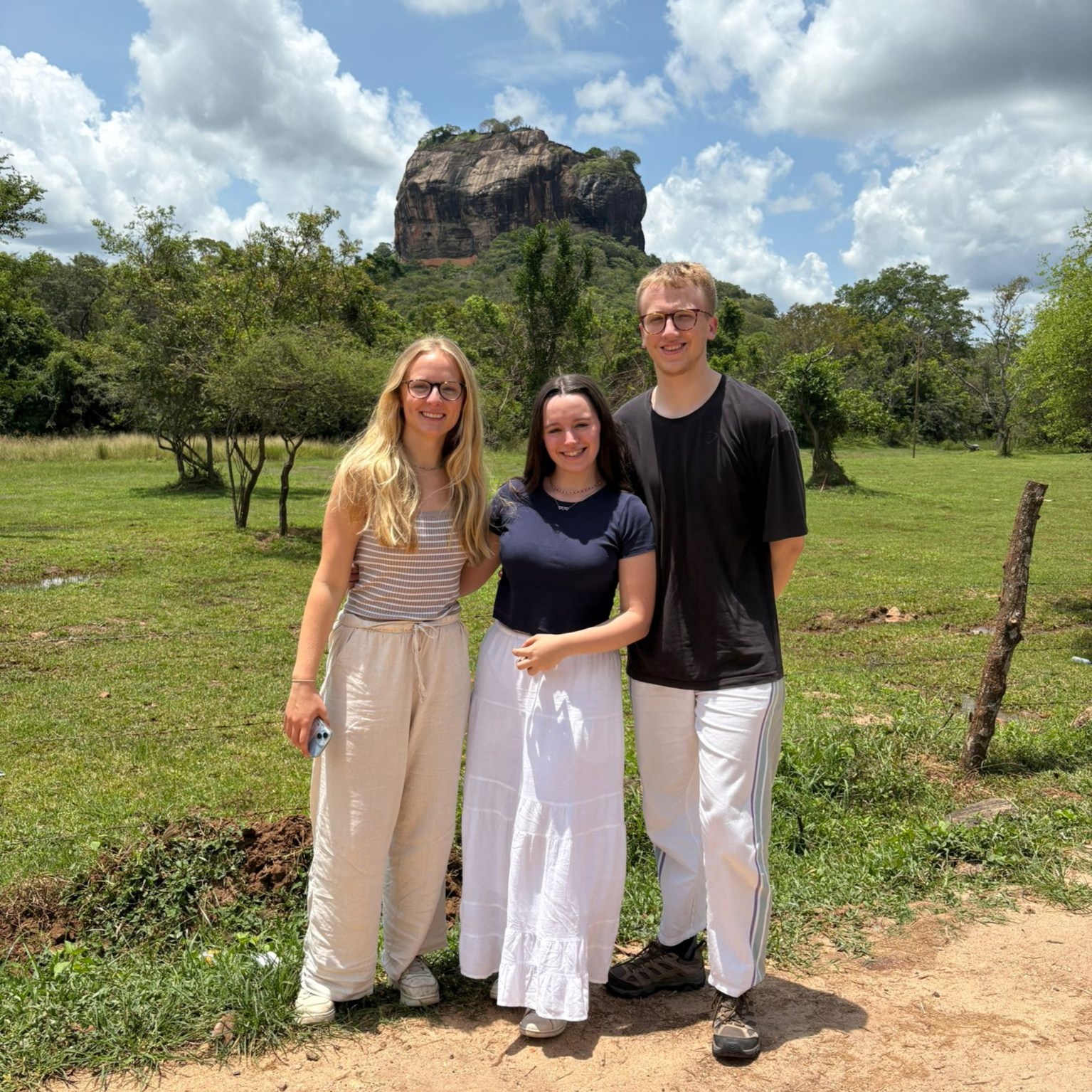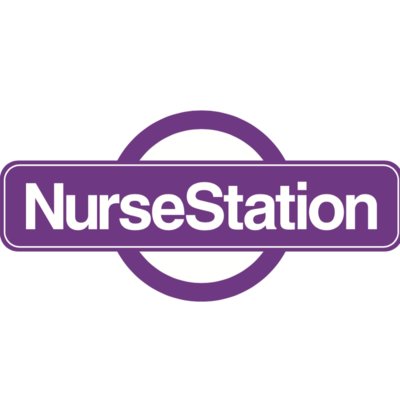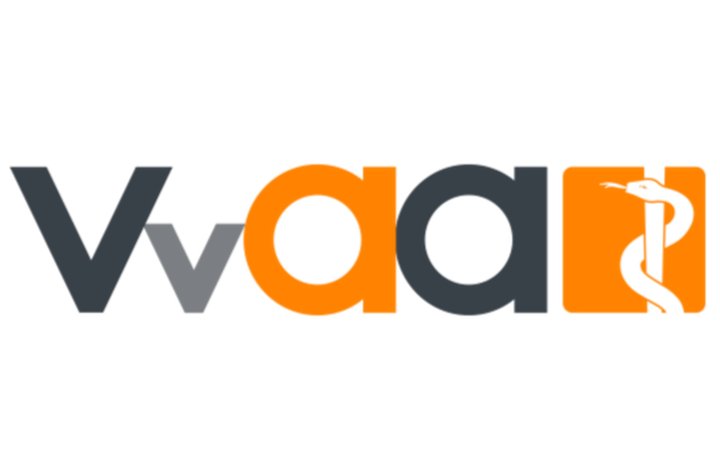Hull York Medical School (HYMS) 2025
.jpeg) From the start of my medical training, I have been pushing myself to do things outside my comfort zone. An overseas placement provided me with just such a challenge.
From the start of my medical training, I have been pushing myself to do things outside my comfort zone. An overseas placement provided me with just such a challenge.
Before starting my placement in Nepal, I would have described myself as a rigid character who relied on routine and familiarity and didn’t like uncertainty.
My aim during this experience was to break out of this mould. Take a step into the unknown, and improve my ability to cope with the ambiguity of life on the wards. The time I spent in Nepal did just that.
My experiences there allowed me to grow, let go of expectations and anxieties and learn to live in the moment.
My first impression of the hospital was chaotic, busy and disorganised. However, with time, I learned that there was a system underlying the chaos. I was initially surprised at the hospital's equipment standard and how impressive it was that local staff achieved so much with so few resources.
I had the opportunity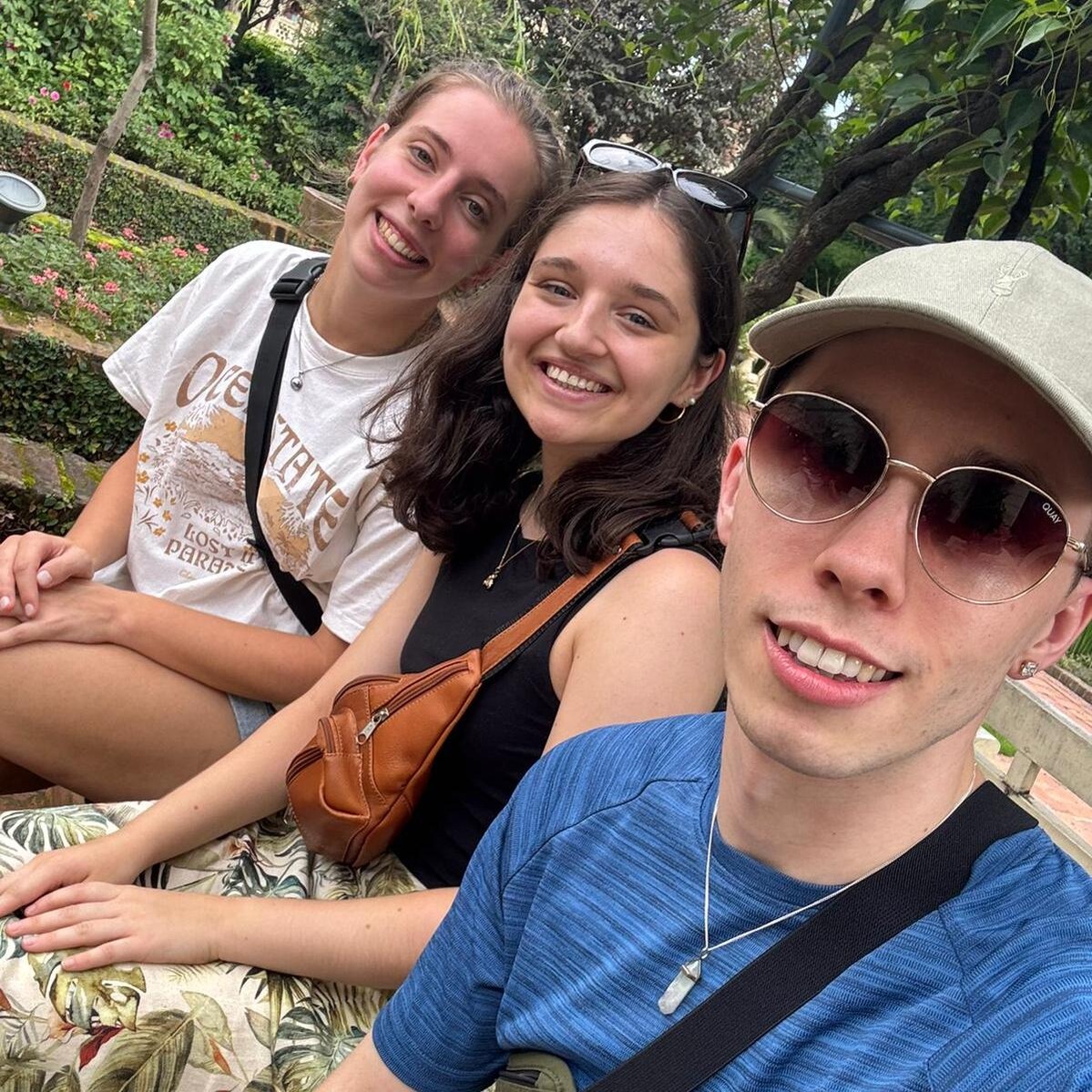 to practise my examination skills in the hospital. There was something of a language barrier, but it helped me develop my non-verbal communication and problem-solving skills.
to practise my examination skills in the hospital. There was something of a language barrier, but it helped me develop my non-verbal communication and problem-solving skills.
I came across one of the most interesting cases in oncology. There was a case of a woman who presented with abdominal distention and acute weight loss of several kg. All the signs were pointing to ovarian cancer. The patient had also become short of breath, which was initially attributed to anaemia, but a full body scan and some tests revealed the patient also had TB.
Further testing revealed that the TB was multi-drug resistant. I managed to follow the patient through their treatment. With the sensitivities identified and chemotherapy underway, the patient improved. I found this case interesting as it highlighted how prevalent MDR TB was and how much it affects patients and their families who travel great distances for treatment.
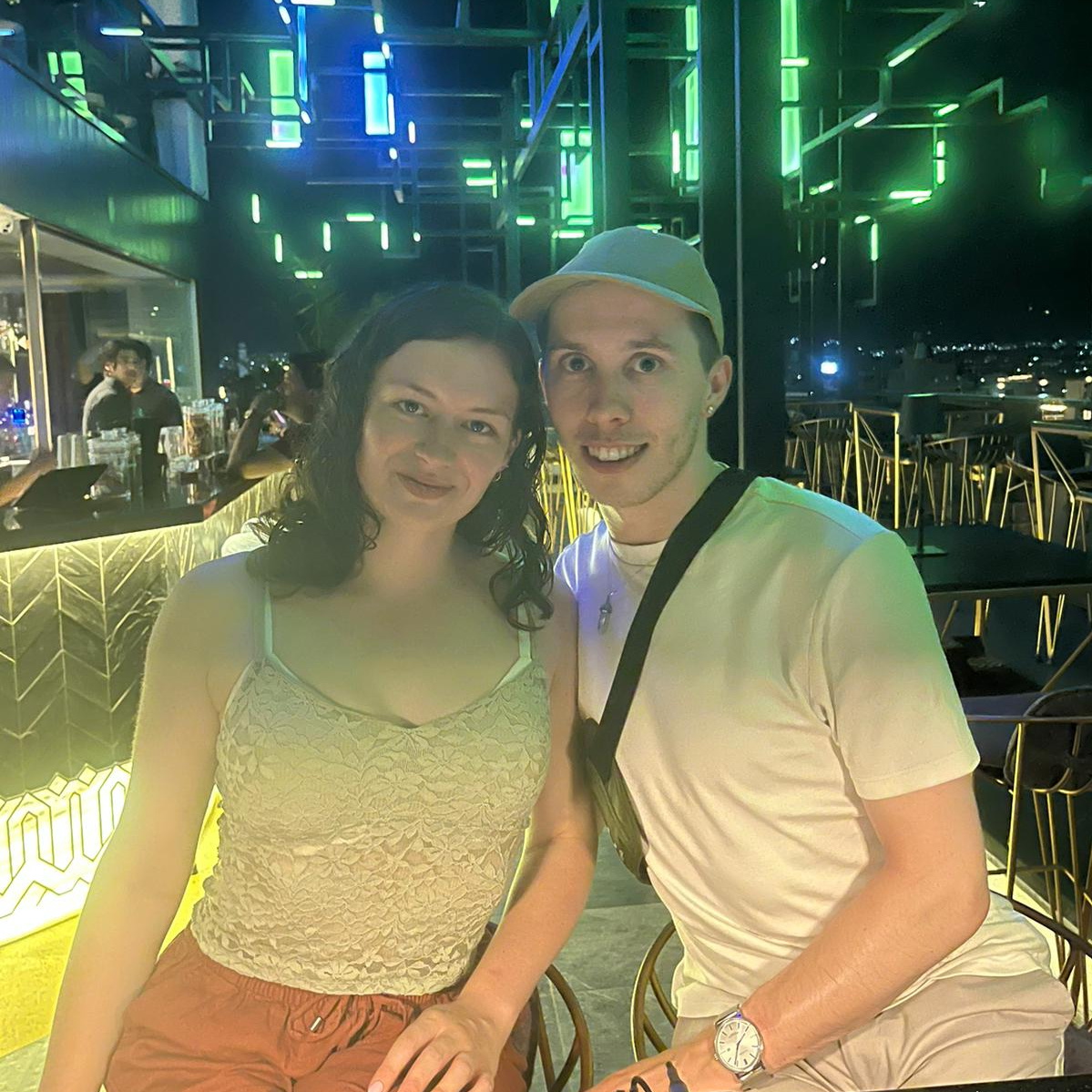 The most significant difference between healthcare in Nepal and the UK is that in Nepal, healthcare is not free at the point of care. This means affordability is factored into patients’ management plans and treatments offered. Other significant differences were equipment standards and infection prevention and control measures, some of which were confronting compared to the UK.
The most significant difference between healthcare in Nepal and the UK is that in Nepal, healthcare is not free at the point of care. This means affordability is factored into patients’ management plans and treatments offered. Other significant differences were equipment standards and infection prevention and control measures, some of which were confronting compared to the UK.
While in Nepal, I maximised my opportunities to immerse myself in the country’s diverse cultures. From awe-inspiring temples to magnificent architecture, incredible bars and restaurants and beyond, Nepal was a fascinating place. On nights when we wanted to relax, we went to a pub that was a two-minute walk from the house.
On nights when we wanted to see the party side of Kathmandu, we visited the bars in Thamel, which was a short cab ride away. We could travel to and stay in 5* resorts on weekends because they were so affordable in Nepal.
.jpeg) We visited Nagarkot, which had two incredible views of Kathmandu, and Bhaktapur, an ancient religious site with extraordinary temples that towered overhead. We also visited Chitwan, where we went on safari to see crocodiles, rhinos and elephants. Another highlight was visiting the Barahsinghe Brewery — arguably the best bar in Nepal.
We visited Nagarkot, which had two incredible views of Kathmandu, and Bhaktapur, an ancient religious site with extraordinary temples that towered overhead. We also visited Chitwan, where we went on safari to see crocodiles, rhinos and elephants. Another highlight was visiting the Barahsinghe Brewery — arguably the best bar in Nepal.
The most significant benefit of undertaking this placement was that the experience pushes you out of your comfort zone in a way that encourages you to learn to adapt to new situations. An experience like this will help you become a more well-rounded healthcare professional. Experiencing healthcare in a low-resource setting will also help you understand and appreciate the value of our comparatively abundant resources in the UK.
Finally, practising healthcare in a country where English isn’t the first language will dramatically improve your communication and problem-solving skills — I was always trying to find creative ways to understand what was wrong and communicate messages to patients.
.jpeg) If you’re considering undertaking an elective abroad, you should take the leap and do it. If you’ve never thought about undertaking one or are uncertain, take the leap and do it — it’s a life-changing experience. You’re guaranteed to make friends for life, and you’ll learn so much about healthcare (medicine, in my case) and yourself.
If you’re considering undertaking an elective abroad, you should take the leap and do it. If you’ve never thought about undertaking one or are uncertain, take the leap and do it — it’s a life-changing experience. You’re guaranteed to make friends for life, and you’ll learn so much about healthcare (medicine, in my case) and yourself.
I know it’s a cliché, but people are right when they say a Work the World overseas placement is a once-in-a-lifetime opportunity.
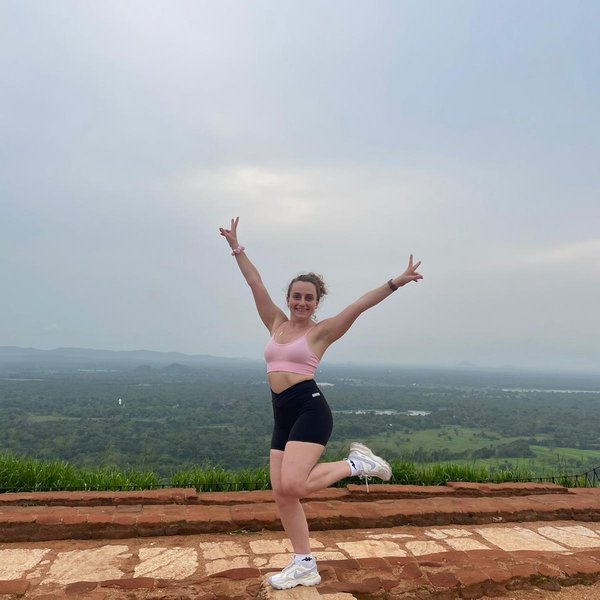
Start Your Journey
Want to go on your own once-in-a-lifetime adventure? Get started below:
Want to go on your own once-in-a-lifetime adventure? Get started below:
